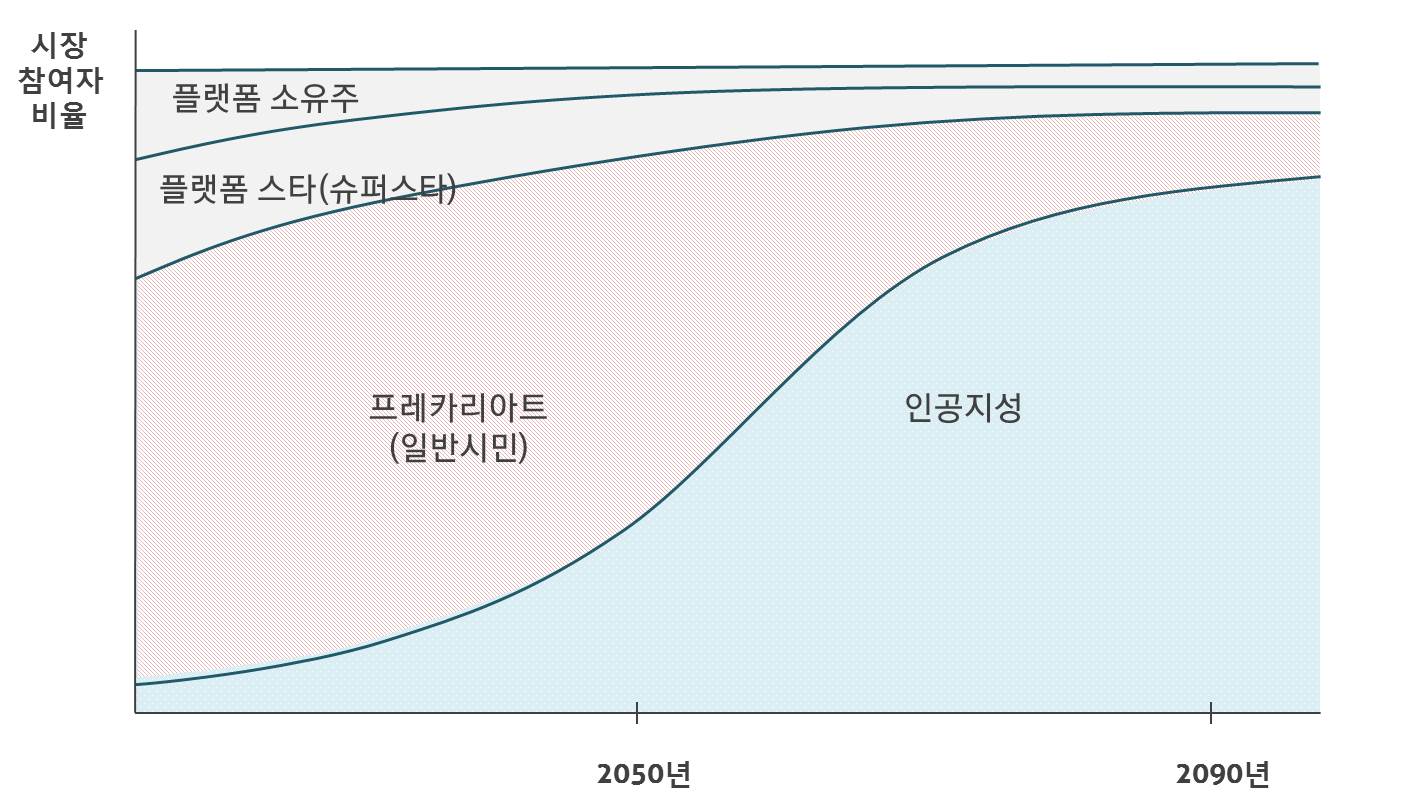- About
- Academics
-
Undergraduate Programs
- Civil and Environmental Engineering
- Architecture and Architectural Engineering
- Mechanical Engineering
- Industrial Engineering
- Energy Resources Engineering
- Nuclear Engineering
- Materials Science and Engineering
- Electrical and Computer Engineering
- Naval Architecture and Ocean Engineering
- Computer Science and Engineering
- Aerospace Engineering
- Chemical and Biological Engineering
-
Graduate Programs
- Civil and Environmental Engineering
- Architecture and Architectural Engineering
- Mechanical Engineering
- Industrial Engineering
- Energy Systems Engineering
- Materials Science and Engineering
- Electrical and Computer Engineering
- Naval Architecture and Ocean Engineering
- Computer Science and Engineering
- Chemical and Biological Engineering
- Aerospace Engineering
- Interdisciplinary Program in Technology, Management, Economics and Policy
- Interdisciplinary Program in Urban Design
- Interdisciplinary Program in Bioengineering
- Interdisciplinary Program in Artificial Intelligence
- Interdisciplinary Program in Intelligent Space and Aerospace Systems
- Chemical Convergence for Energy and Environment Major
- Multiscale Mechanics Design Major
- Hybrid Materials Major
- Double Major Program
- Open Programs
-
Undergraduate Programs
- Research
- Campus Life
- Communication
- Prospective Students
- International Office
SNU Professor Yoo Ki-Yoon’s research team presents the results of ‘Four classes in Future Cities’ Study.
-
Uploaded by
관리자
-
Upload Date
2018.02.08
-
Views
758
What would be the life of citizens like in future cities? Korean researchers reported a shocking result that four classes exist in future cities according to an engineering simulation.
▲ SNU Department of Civil and Environmental Engineering Professor Yoo Ki-Yoon

▲ Future citizens in four classes
SNU Department of Civil and Environmental Engineering Professor Yoo Ki-Yoon’s Research team (Kim Jung-Ok, Kim Ji-Young researching professor) announced an interesting simulation study of future cities. According to the result, four classes – platform owner, platform star, artificial intelligence and precariat – will exist in future cities.
The ‘platform owner’, which is the highest class of the four classes suggested by the research team, is born by transforming their own businesses into future information companies called platforms, like today’s multinational business owners. Right below, a superstar class called the ‘platform star’ exist. They are some of the political elite, artistic stars, and a few creative professionals.
The next class is the artificial intelligence class with legal personalities. They have not shown up yet, but are expected to slowly appear around the cities over time.
Lastly, the ‘Precariat’ refers to people who live like freelancers by joining a futuristic information corporations called platforms. This is mainly true for current employers, small business owners and professionals.
The research team explained, “Although the number of precariat is small, we expect that the majority of the citizens will enter this class” and that “the possibility is higher than 99.99%”.
They also expected that the four classes will live in extremely peculiar environment. The labor of citizens will receive lesser values over time, causing economical impoverishment, and the city’s infrastructure will maintain status quo ante.
Moreover, due to the technological development of VR, the virtual city and the real city will co-exist, overlapping. Citizens are expected to stay in the virtual city only for a few hours in the beginning, but then gradually live in virtual cities for days and months.
The research team predicted that IT dinosaurs like Facebook and Google would virtualize all their current businesses and even create virtual planets.
The study is interesting that although it seems like a SF movie scenario, it is an engineering simulation result. To get this result, the research team has collected and analyzed thousands of books, papers and statistics for the past year, and came to a conclusion through heuristics.
Prof. Yoo, who is leading SNU GIS/LBS Lab, said “The result of this study was solely based on data, without any prejudgments.” and that “it is rather an inconvenient result, but it is necessary to reflect on the implications.”
The research team is planning to present the results in 2017 Korea Spatial Information Society’s autumn convention held in Korea Land and Geospatial Informatix Corporation’s auditorium on October 27th. The whole result was published under the title ‘Future Society Report’, and is purchasable in book stores.